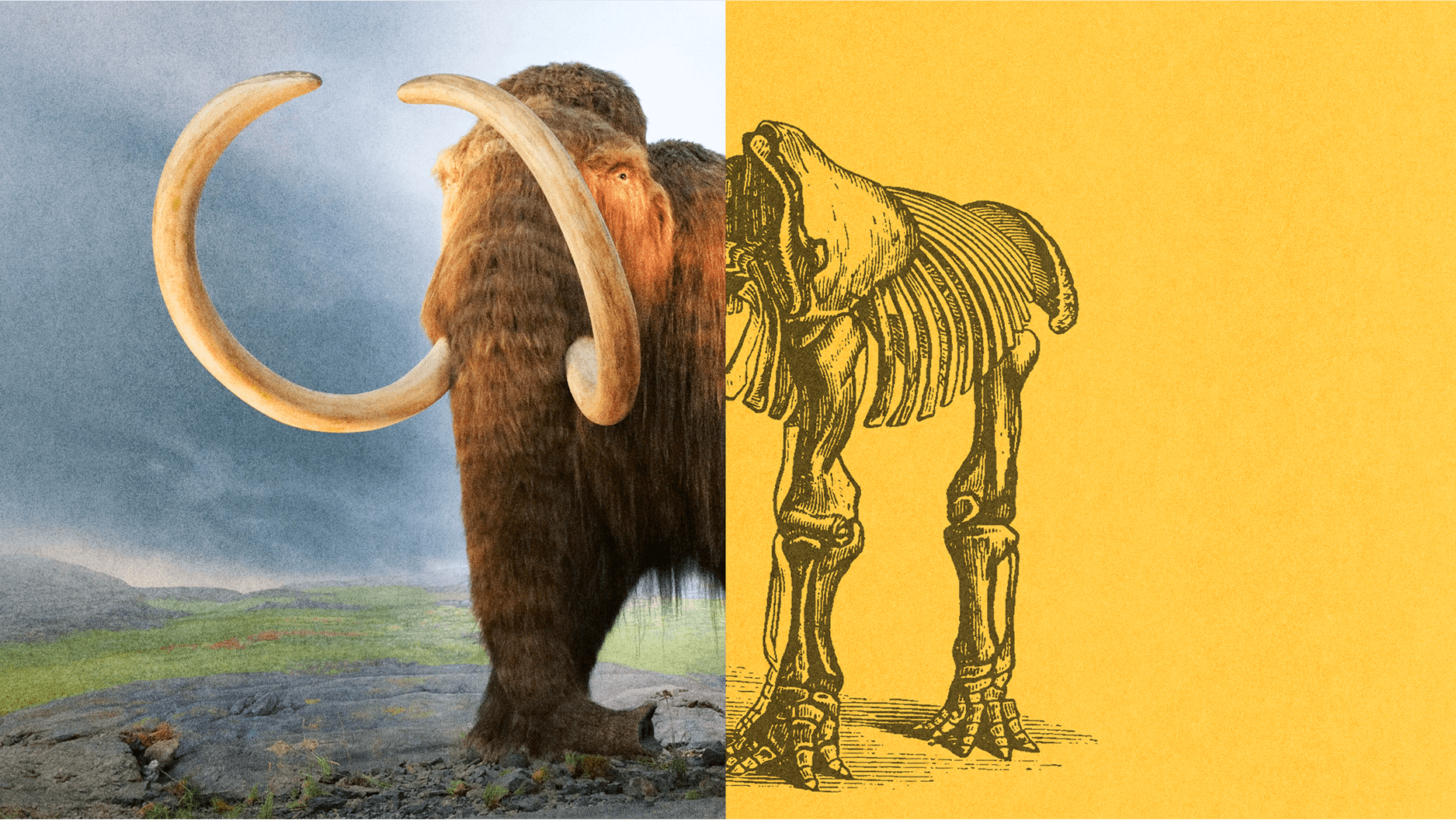Lemann describes growing up in a community of assimilated German Jews.
Nicholas Lemann: Well I grew up Jewish in a way that is very hard to describe, because it’s a sort of vanished world. It was . . . I happened to have had dinner with somebody who grew up the same way in St. Louis last night, so we were sort of talking about this. The thing that captures it the best is the movie Driving Miss Daisy, if you’ve seen that. My family, you know, had been in the South for many generations. They were long time and prominent members of the Jewish community, involved in all leading Jewish causes, etc. We were members of the biggest synagogue in New Orleans which was called Temple Sinai which was a big pile on St. Charles Avenue. And now we get to the part that would surprise people who grew up Jewish anywhere else. So this is by way of saying we were not, you know, consciously kind of trying to hide the fact that we were Jewish. We did . . . In our synagogue it was reform. We did not have the laws of kosher. We did not read the Torah in the service. There was a choir. There was a rabbi who was a cousin by marriage who wore kind of ermine robes to give the service. And no one wore a yarmulke. No one wore a prayer shawl. We didn’t have bar mitzvahs. And to my memory the whole time I was growing up, the state of Israel was never once mentioned in our synagogue. So it was a . . . It was a brand of reform Judaism known in the trade as “Pittsburgh Platform” after the meeting in Pittsburgh when it was founded in 1882. And it was meant to be a kind of Judaism that sort of looked and felt like Episcopalianism, except a Jewish version. And so that’s how I grew up. It’s also a very small Jewish community. Everybody knew and/or was related to everybody else, and it was predominantly German.
Recorded on: 11/30/07





